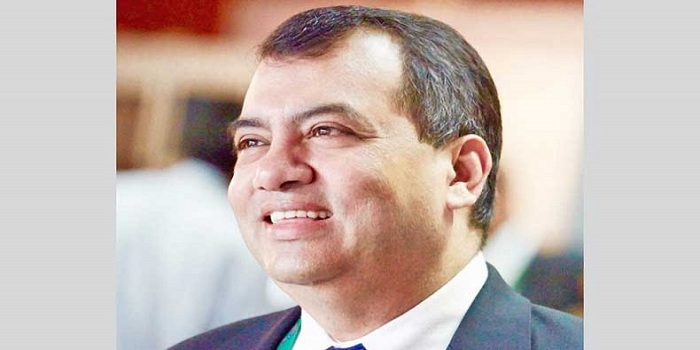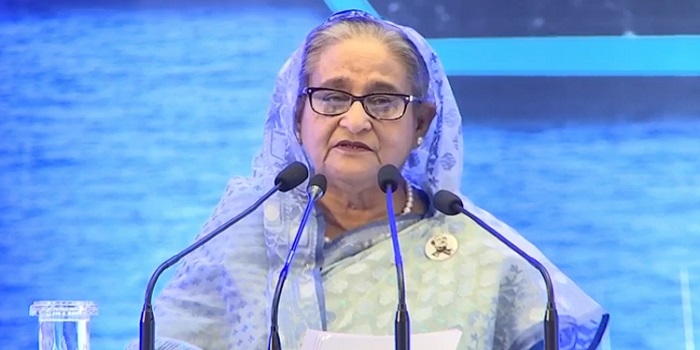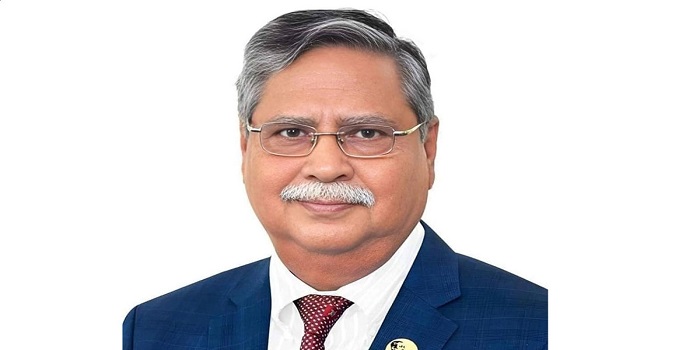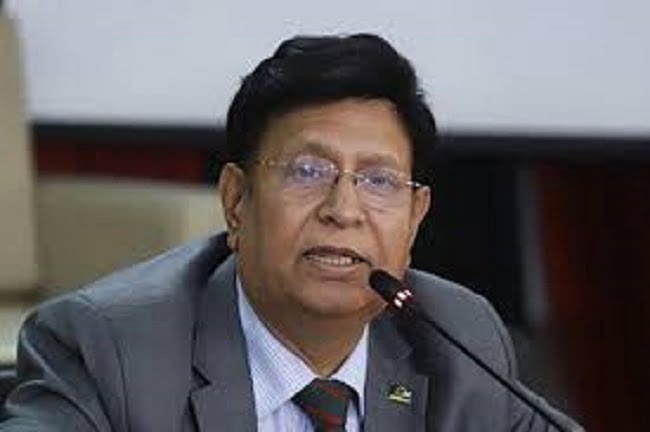Thousands gather in Khartoum for planned nationwide protests

Thousands of protesters began gathering in Khartoum on Saturday for planned nationwide demonstrations to demand the restoration of a civilian-led government to put the country back on a path to democracy after a coup.
People carried Sudanese flags and chanted “Military rule can’t be praised” and “This country is ours, and our government is civilian” as they marched in neighbourhoods across the capital.
Thousands of Sudanese have already taken to the streets this week to protest against the ousting of Prime Minister Abdalla Hamdok’s cabinet by General Abdel Fattah al-Burhan in a takeover that led Western states to freeze hundreds of millions in aid.
In central Khartoum on Saturday there was a heavy military deployment of armed troops that included the army and the paramilitary Rapid Support Forces.
Security forces had blocked roads leading to the defence ministry complex and the airport, as well as most of the bridges connecting Khartoum with its twin cities of Omdurman and Khartoum North.
At least 11 protesters have been killed in clashes with security forces this week and opponents fear a full-blown crackdown.
“The army should go back to its barracks and give the leadership to Hamdok,” said an activist who gave his name as Mohamed, who planned to protest. “Our demand is a civilian country, a democratic country, nothing less than that.”
In local neighbourhoods, protest groups blocked roads overnight with stones, bricks, tree branches and plastic pipes to try to prevent any attempts by security forces to enter.
A 75-year-old man who gave his name as Moatez and who was walking the streets searching for bread said normal life had been brought to a complete halt in Khartoum. “Why did Burhan and the army put the country in this crisis? They could solve the problem without violence,” he said.
US WARNS AGAINST VIOLENCE
The United States, which is calling for the restoration of the civilian-led government, said how the army reacted would be a test of its intentions.
Secretary of State Antony Blinken said Sudan’s security forces must respect human rights and any violence against peaceful demonstrators was “unacceptable”.
The U.N. Special Representative in Sudan, Volker Perthes, said he remained in constant contact with all sides to facilitate a political solution.
With internet and phone lines restricted by the authorities, opponents of the coup have sought to mobilise for the protest using fliers, SMS messages, graffiti, and neighbourhood rallies.
Neighbourhood-based resistance committees, active since the uprising against deposed President Omar al-Bashir that began in December 2018, have been central to organising despite the arrests of key politicians.
Bashir, who ran Sudan for nearly three decades, was forced out by the army following months of protests against his rule.
Protesters carried pictures of Burhan, his deputy General Mohamed Hamdan Dagalo, and Bashir covered in red.
“Close a street, close a bridge, Burhan we’re coming straight to you,” they chanted.
Protesters also took to the streets in Khartoum’s twin cities of Omdurman and Bahri.
DEMOCRATIC TRANSITION
Burhan has said he removed the cabinet to avert civil war after civilian politicians stoked hostility to the armed forces.
He says he is still committed to a democratic transition, including elections in July 2023.
Hamdok, an economist, was initially held at Burhan’s residence when soldiers rounded up the government on Monday, but was allowed to return home under guard on Tuesday.
The U.S. State Department official said he was, however, still under house arrest and unable to resume his work.
The United States and the World Bank have already frozen assistance to Sudan, where an economic crisis has seen shortages of food and medicine and where nearly a third of the population are in need of urgent humanitarian support.
Reporting by Khalid Abdelaziz in Khartoum and Nafisa Eltahir in Cairo Writing by Nafisa Eltahir and Michael Georgy Editing by Stephen Coates, Alison Williams and Frances Kerry
Source: Reuters








